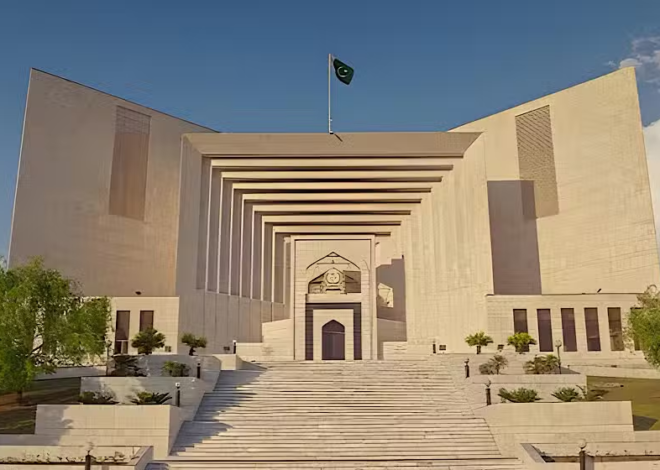
HRCP Criticizes CII’s Opposition to Child Marriage Legislation
The Human Rights Commission of Pakistan (HRCP) has expressed deep concern over the Council of Islamic Ideology’s (CII) opposition to the recently enacted Islamabad Capital Territory Child Marriage Restraint Bill, 2025. This legislation, signed into law by President Asif Ali Zardari on May 30, sets the minimum legal age for marriage at 18 for both genders within the federal capital and introduces stringent penalties for violations.
In a statement issued on Friday, the HRCP criticized the CII’s attempt to obstruct the bill, describing it as a crucial step toward safeguarding minors, especially girls, from abuse and exploitation. The commission emphasized that the bill establishes a long-overdue legal standard in Pakistan and aligns with both constitutional guarantees and international human rights commitments.
The CII, a constitutional advisory body responsible for ensuring that laws conform to Islamic principles, had declared the bill “un-Islamic.” The council argued that setting a fixed minimum age for marriage contradicts Islamic teachings, which consider puberty as the appropriate threshold for marriage eligibility.
Despite the CII’s objections, the bill received support from various quarters, including women’s rights activists and civil society organizations. Senator Naseema Ehsan, who married at 13 and suffered health complications from early motherhood, was a vocal supporter of the bill. She highlighted the health risks and educational setbacks associated with child marriage, emphasizing the need for legal reforms to protect young girls.
The HRCP’s stance reflects a broader push within Pakistan to address the issue of child marriage, which disproportionately affects girls and has long-term implications for their health, education, and overall well-being. According to a 2018 demographic survey, 29% of Pakistani girls are married before the age of 18, with early marriage linked to severe health risks, school dropout, and domestic abuse.
The passage of the Islamabad Capital Territory Child Marriage Restraint Bill follows similar measures in Sindh province, where the Sindh Child Marriage Restraint Act, 2013, prohibits the marriage of any child under the age of 18. These legislative efforts aim to harmonize Pakistan’s laws with international human rights standards and address the socio-cultural factors perpetuating child marriage.
The HRCP’s criticism of the CII underscores the ongoing tension between progressive legal reforms and conservative religious interpretations in Pakistan. As the country grapples with these challenges, the role of civil society and human rights organizations remains pivotal in advocating for the rights and protection of vulnerable populations, particularly women and children.







